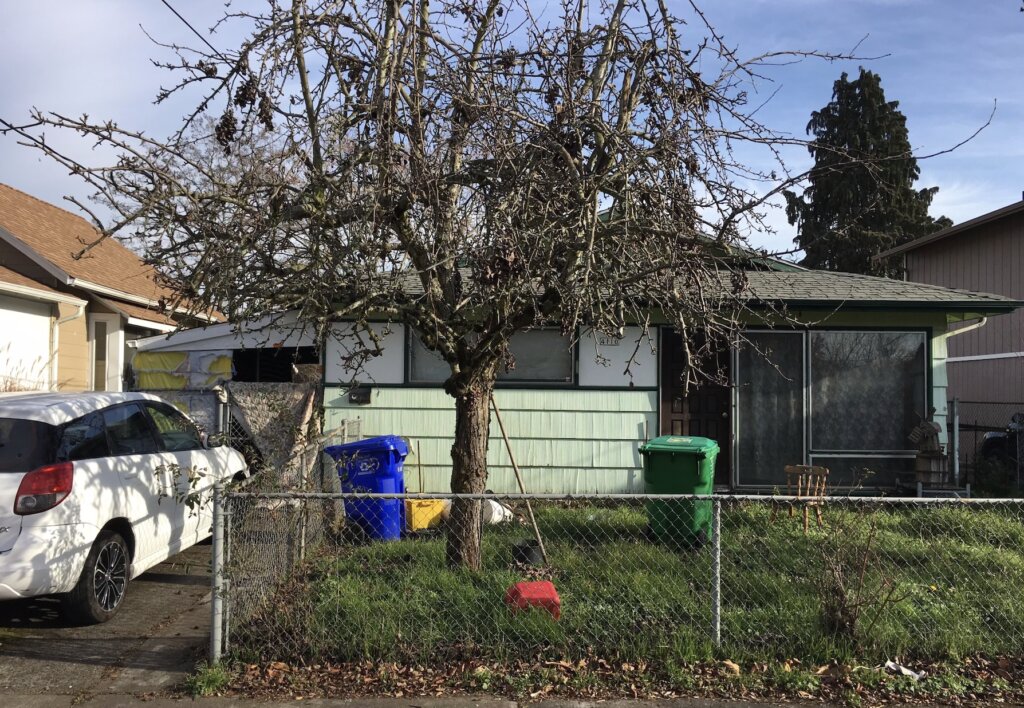
Inheriting a property can be both a gift and a challenge. If it needs repairs, the next steps may not be clear. Inheriting a house that needs work means deciding whether to sell the property and reap the benefits, renovate it, or rent it out. Each option has advantages and drawbacks. Before making a decision, consider the home’s condition, financial costs, and long-term benefits. Some fixes might be affordable, while others could be too expensive. This guide will help you explore your best options so you can choose the right path forward.
Assess the Condition of the House
Before making a decision, evaluate the house’s condition. A professional inspection can reveal hidden issues like structural damage, old wiring, or plumbing problems. Focus on major repairs, such as the roof, foundation, and electrical systems. Cosmetic updates like paint or flooring won’t solve bigger issues. Get estimates from contractors to see if the cost of repairs makes sense compared to the home’s market value. If repairs are too expensive, selling as-is might be the best option, especially if local buyers are looking for fixer-uppers.
Decide What to Do With the House
Once you understand the home’s condition, it’s time to decide what to do next. If the house is in a prime location, it may be beneficial to renovate and increase its value. On the other hand, living in the home means preparing for ongoing repair costs and maintenance. Should you choose to renovate, you’ll also need to consider how to store items during the remodel to keep them safe and out of the way.
Selling the house can provide a lump sum of cash, but serious issues may need fixing before attracting buyers. Renting it out offers steady income but comes with landlord responsibilities, including repairs, tenant management, and legal considerations. Each option has its pros and cons, so take time to evaluate your financial situation, personal connection to the property, and long-term goals before making a choice.
Understand the Financial Implications of Inheriting a House That Needs Work
Inheriting a house comes with more than just emotional or physical work—it also brings financial responsibility. First, consider property taxes, insurance, and ongoing maintenance costs. These can quickly add up, especially if the house requires significant repairs. If the home has a mortgage or unpaid debts, you’ll need to handle those as well. Before making any decisions, estimate how much money you’ll need for repairs or upgrades. Don’t forget about potential tax implications, too. Depending on your situation, you may face capital gains taxes if you sell the property later on.
Sell the House As-Is
Selling the house as-is can be the quickest and simplest option, especially if the home needs significant repairs. Instead of spending time and money on renovations, you can list the property and sell it in its current condition. Many buyers, particularly investors or those looking for fixer-uppers, are open to purchasing homes that need work. The downside is that you’ll likely receive a lower price than if you renovated the property first. However, selling as-is saves you from the hassle and expense of repairs, and you can avoid the risk of over-investing in a project that may not pay off.

Renovate and Sell for a Higher Price
If you’re willing to invest in the property, renovating can help you sell for a higher price. Inheriting a house that needs work might seem overwhelming, but smart upgrades can boost the home’s value. Focus on high-return improvements like fixing the roof, updating the kitchen, or addressing structural issues. Minor updates, like fresh paint or new flooring, can also make a significant difference without a huge investment. Once renovated, you can list the home at a higher price and attract buyers seeking move-in-ready properties. Keep in mind that renovations come with upfront costs, so carefully calculate expenses to ensure you’ll get a good return.
Caption: Renovating first can help you fetch a higher price.
Alt tag: Man climbing a ladder indoors during renovation
Rent It Out for Passive Income
If you don’t want to sell or renovate, renting out the property can provide a steady income. Depending on the location, renting can be a profitable option, especially if the home is in a desirable area. You can choose between long-term leases or short-term rentals, such as Airbnb, to earn money while holding onto the property. Keep in mind that being a landlord comes with responsibilities, like regular maintenance, property management, and dealing with tenants. If you don’t want to handle everything yourself, hiring a property manager can make the process easier, though it comes with additional fees.
Live in It Yourself
If the legacy home meets your needs, living in it yourself could be a good option. This is especially true if the property has sentimental value or is located in a desirable area. Before moving in, consider any repairs or updates needed to make the home comfortable. While living in the house, you may be able to make improvements over time as your budget allows. Additionally, some areas offer tax benefits for owner-occupied homes. However, you’ll need to factor in the costs of repairs, property taxes, and maintenance. If the house isn’t ideal for your lifestyle, it might be better to explore other options.
Sell the Land If the House Is Beyond Repair
If the house is beyond repair and renovations are too costly, selling the land could be your best option. Some buyers may be interested in the property for its location or potential for new construction. Research local zoning laws to see if the land can be developed or subdivided. If the house is in a desirable area, selling the land to builders or developers could be more profitable than trying to fix or sell the house itself. Be sure to assess the property’s value as raw land before making any decisions.
Get Professional Advice Before Deciding
Before making any major decisions, it’s a good idea to seek professional advice. Consult a financial advisor to understand the tax implications and how the property fits into your overall financial plan. A real estate agent can help you evaluate the local market and provide insights on whether selling, renting, or renovating is the best choice. If the property involves legal complexities, such as unclear ownership or unpaid debts, talking to an attorney can help you navigate any challenges. Professional advice can give you a clearer picture and help you make a well-informed decision.
Wrapping It Up: Your Next Steps
Deciding what to do after inheriting a house that needs work isn’t easy, but you have plenty of options. Whether you choose to sell as-is, renovate, rent, or even live in the home, each path has its own set of advantages. The key is to assess the property’s condition, understand the financial implications, and consider your long-term goals. Better Off Home Buyers can work with you to make an as-is sale quick and easy!
Contact Us
We would love to hear from you! Please fill out this form and we will get in touch with you shortly.

![Cash House Buyers Near Me [market_city]](https://image-cdn.carrot.com/uploads/sites/44241/2025/07/Cash-House-Buyer.jpg)